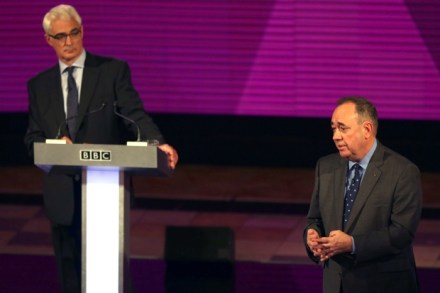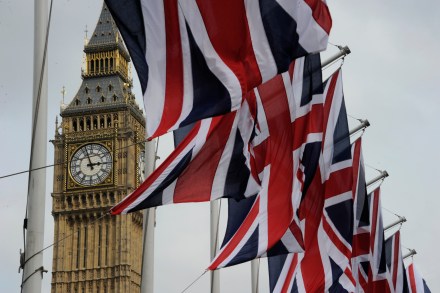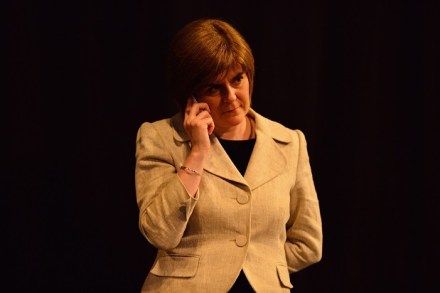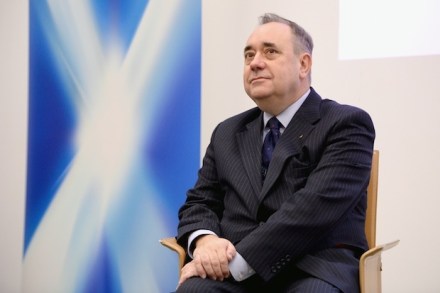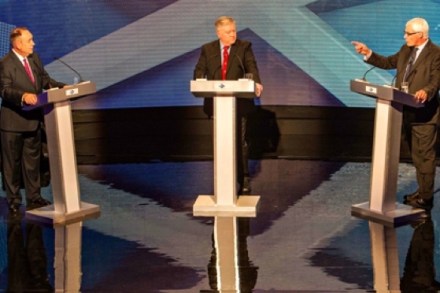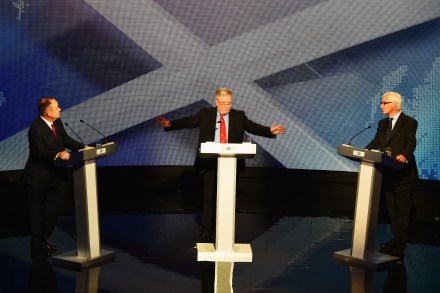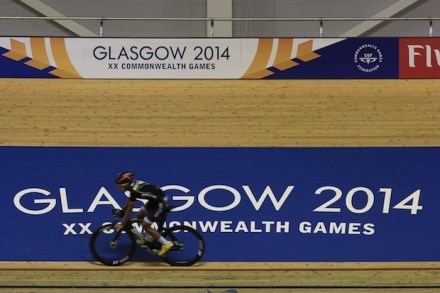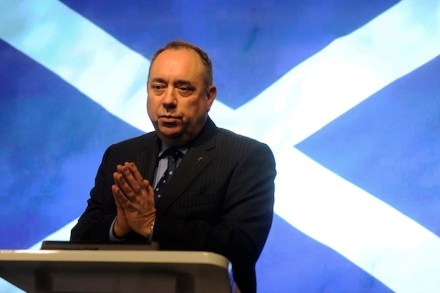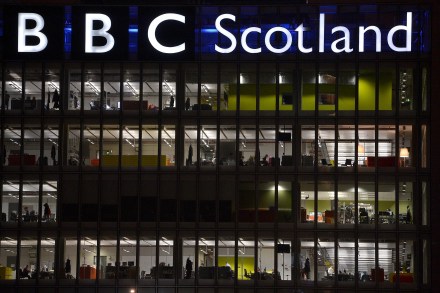Would Scottish independence compromise its museums and galleries?
This article first appeared on Apollo Magazine’s website. The Scottish independence referendum takes place on 18 September. What would a ‘Yes’ vote mean for the country’s museums and galleries? Would it lead to a loss of funding streams? And if it did, would an independent Scottish government be prepared to increase its investment? YES: James Holloway There’s one thing I’ve never heard in more than 40 years in the arts in Scotland, and that is ‘money is no problem’. It has always been a problem, often the only problem. There’s no lack of ambition or inspiration, but money has always been hard to come by. And it could be a great




